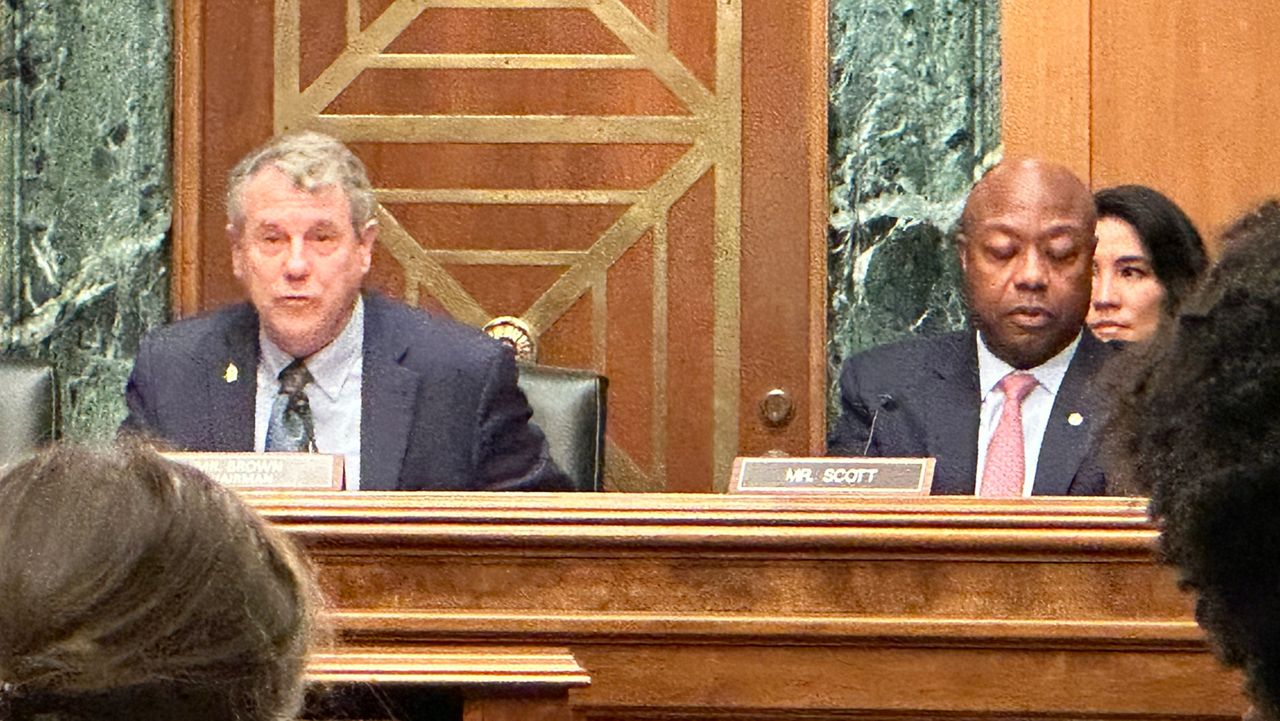WASHINGTON, D.C. — As the world contends with wars in Ukraine and the Middle East, some lawmakers are concerning themselves with much smaller adversaries—viruses, bacteria and fungi. Lawmakers and scientists discussed biosecurity challenges at an event Thursday hosted by Republicans in the House Permanent Select Committee on Intelligence.
What You Need To Know
- Biosecurity risks are changing due to advancements in artificial intelligence and biotechnology
- A panel of lawmakers and scientists met to discuss strategies to prevent and deal with biological weapon attacks
- Lawmakers are pushing for closer collaboration with scientists to keep the nation on the forefront of new technologies
The event, held at the Ronald Reagan Institute, was part of a series to create a dialogue between lawmakers and scientific experts to identify and address threats facing the nation.
“It allows for our members to receive feedback and new information on what reforms and new information House Republicans should be focused on,” said Rep. Mike Turner, R-Ohio, chair of the Intelligence Committee.
The issue of biosecurity has come into greater focus since the coronavirus pandemic, which exposed the fragility of global pandemic warning systems and response mechanisms.
“There’s always been the threat of bioweapons, even going back to the world wars. Today with new technology, there’s a new lane of that,” said Rep. Brad Wenstrup, R-Ohio, who moderated the panel.
Recent advancements in artificial intelligence and biotechnology bring new opportunities for breakthroughs in public health, but also a greater chance of dangerous pathogens falling into the hands of bad actors.
“How do we prepare so effectively for some kind bio-attack or indeed a naturally occurring pandemic event, which we’ve had since then, so as such an attack would not be a weapon of mass destruction, so we respond so quickly and so well that it does damage, it’s bad, but it’s not that big of a threat?” asked Jim Talent, U.S. Under Secretary for Defense Policy and former senator from Missouri.
Speakers at the session reiterated that America’s best defense is staying at the forefront of innovation.
“We need to be cognizant of what is going on in other places. That’s always been the nature of a world in which we have adversaries,” Wenstrup said. “We try to do our best, as we should, as a government, to make the American people not have to worry about it, but that doesn’t mean we just sit back and wait for something to happen. We have to be out ahead of it.”
Wenstrup advocated for continued investment in research on biotechnology and artificial intelligence, as well as sharing what’s learned with lawmakers. Collaboration is so critical, he said, that he is considering creating a formal body to keep lawmakers and biosecurity experts informed on each other’s ongoing work.










